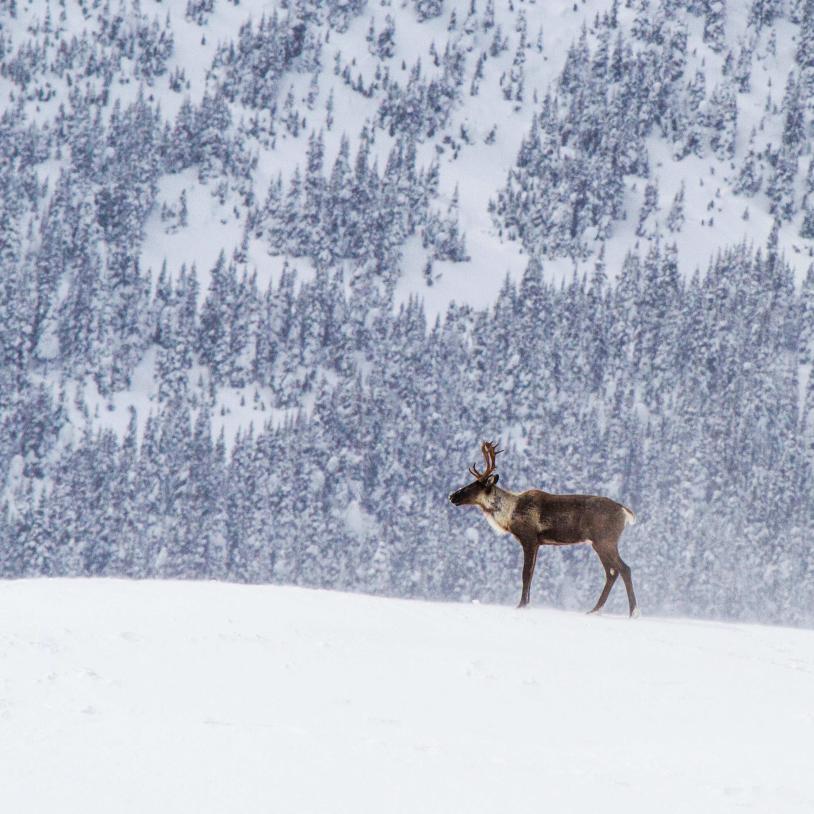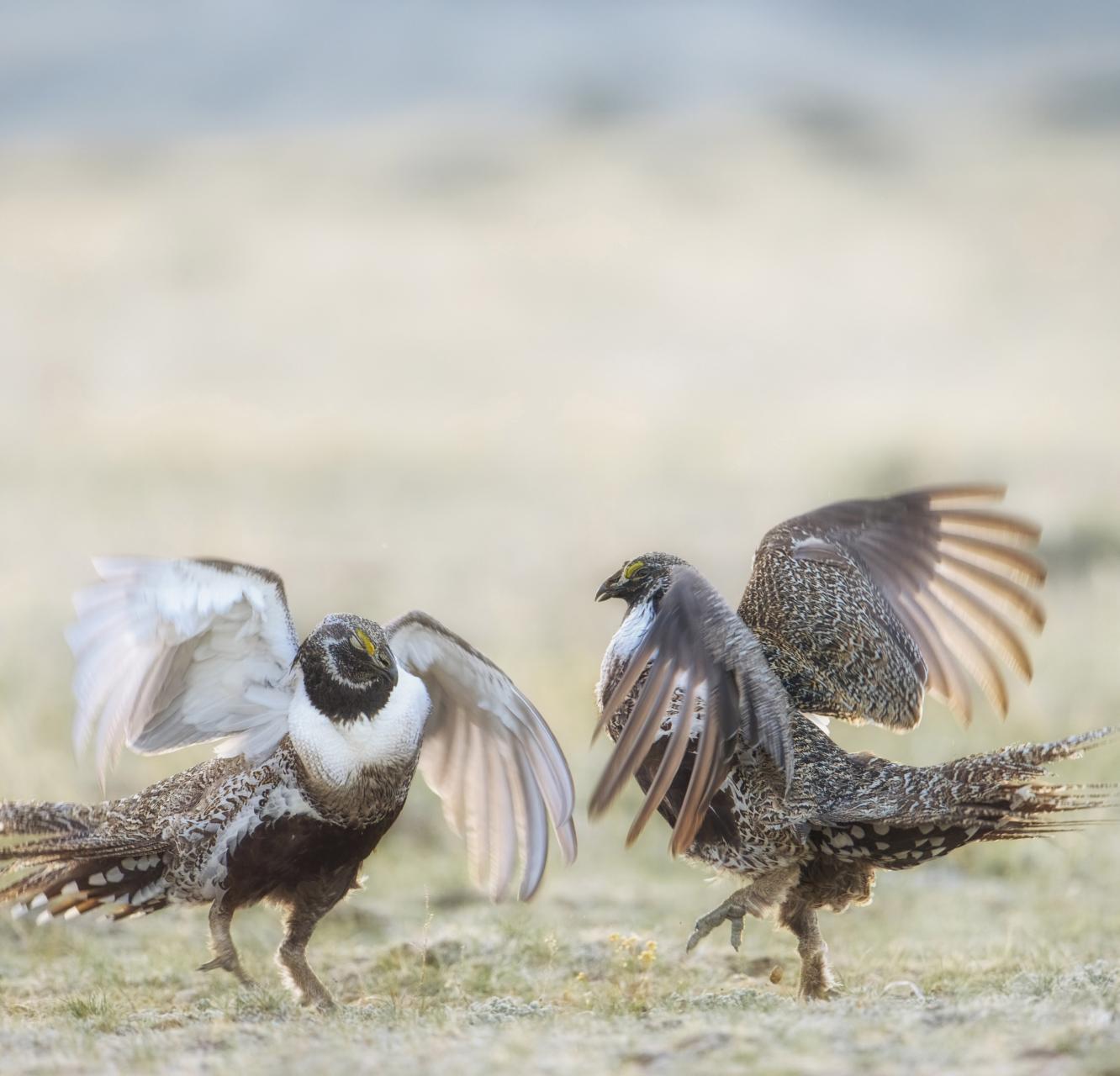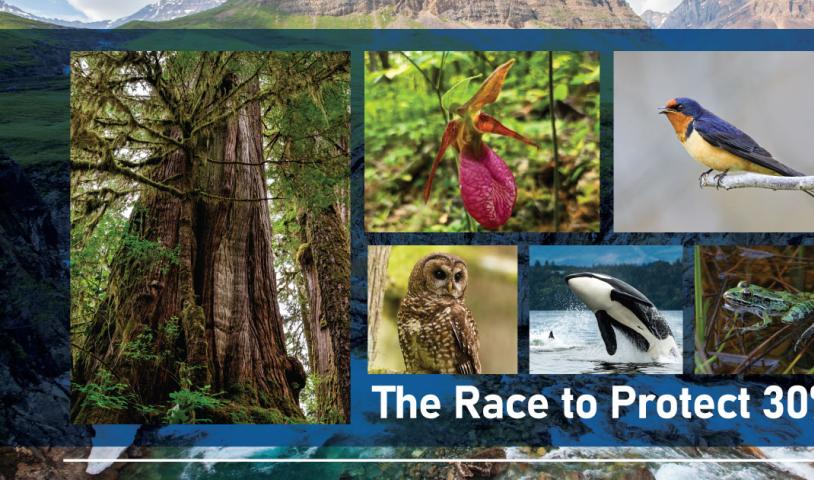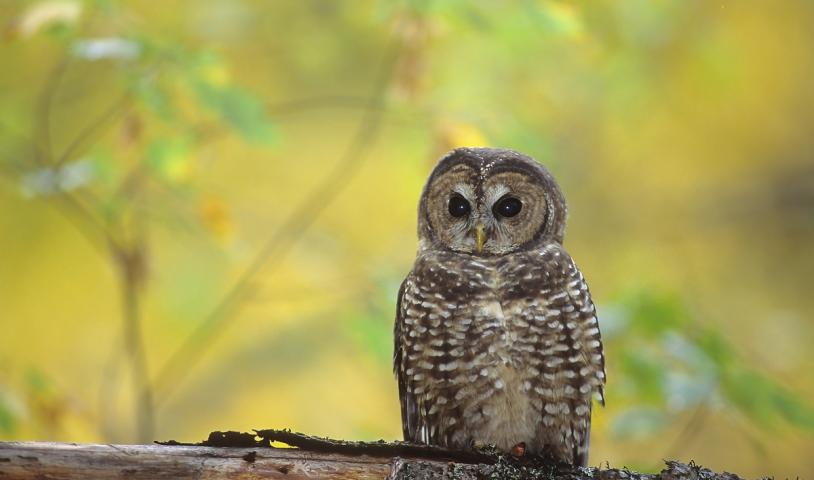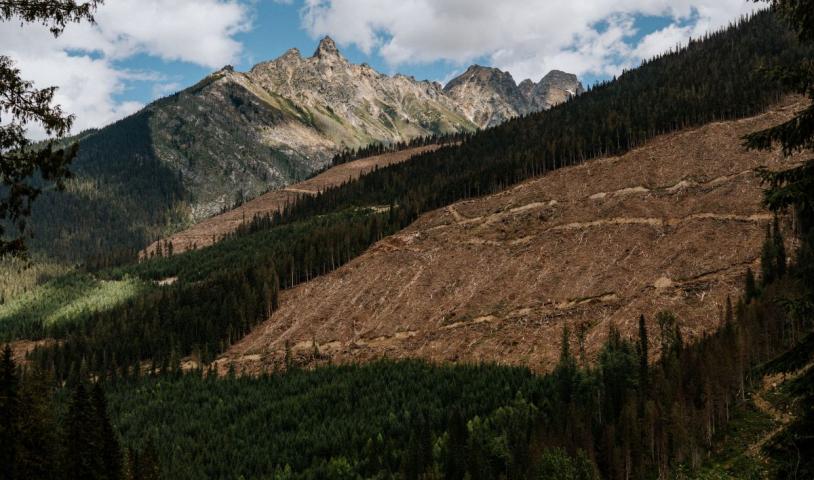Court ruling good news for endangered or at‑risk species; feds slammed: Judge says ministry tried end‑run around law
Friday, September 11, 2009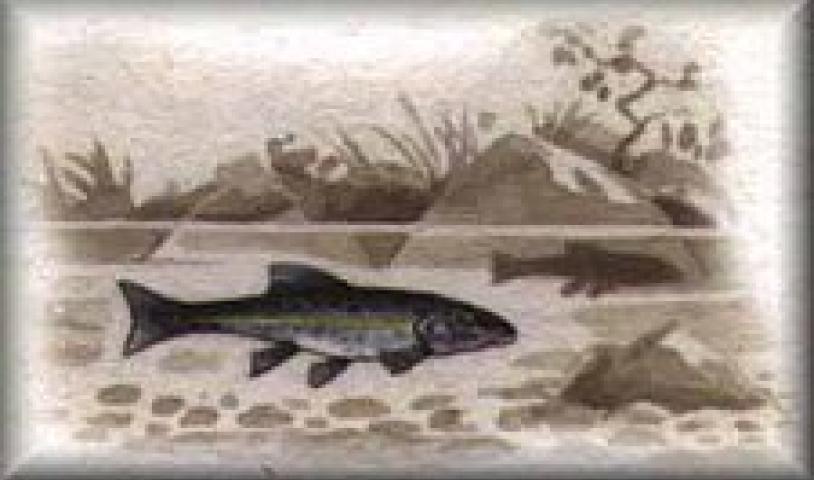
A judge in B.C. has slammed the federal government for a shifty, illegal policy imposed to avoid protecting endangered species.
The ruling has implications reaching far beyond the tiny fish at issue. It affects a host of species from blue whales to butterflies.
Federal court Judge Douglas Campbell ruled that thefederal fisheries ministry broke the law by subverting scientists' efforts to prevent extinction of the Nooksack dace.
Department of Fisheries and Oceans (DFO) officials removed critical-habitat maps from a recovery plan for the dace, a fish less than 15 centimetres long inhabiting the Lower Mainland's Brunette River, Fishtrap Creek, Bertrand Creek and Pepin Brook.
The feds argued in court that the federal Species At Risk Act (SARA) doesn't require full definition of critical habitat, but the judge disagreed. "This is a story about the creation and application of policy by the minister in clear contravention of the law, and a reluctance to be held accountable for failure to follow the law," Campbell said in his decision Wednesday in federal court in Vancouver.
Under SARA, once the government identifies critical habitat for an endangered or threatened species, it must act to protect that habitat within 180 days. "You can't protect anything if you don't know where it is," said Mike Pearson, a biologist who since 1997 has studied the few thousand remaining B.C. dace. As a result of illegal DFO policy, at least 17 other endangered and threatened aquatic species in B.C. -- including blue whales and transient orcas -- have recovery plans with no critical-habitat specifications, said Lara Tessaro, a lawyer for Ecojustice, which brought the suit on behalf of the David Suzuki Foundation, Environmental Defence, the Georgia Strait Alliance and the Wilderness Committee.
"We will be asking DFO to revise within 90 days its recovery strategies for a number of species," Tessaro said. The decision will apply to at-risk land animals and plants as well, Tessaro said, noting that recovery plans for certain Gulf Islands and Okanagan butterflies have no critical-habitat designation.
The ruling has implications reaching far beyond the tiny fish at issue. It affects a host of species from blue whales to butterflies.
Federal court Judge Douglas Campbell ruled that thefederal fisheries ministry broke the law by subverting scientists' efforts to prevent extinction of the Nooksack dace.
Department of Fisheries and Oceans (DFO) officials removed critical-habitat maps from a recovery plan for the dace, a fish less than 15 centimetres long inhabiting the Lower Mainland's Brunette River, Fishtrap Creek, Bertrand Creek and Pepin Brook.
The feds argued in court that the federal Species At Risk Act (SARA) doesn't require full definition of critical habitat, but the judge disagreed. "This is a story about the creation and application of policy by the minister in clear contravention of the law, and a reluctance to be held accountable for failure to follow the law," Campbell said in his decision Wednesday in federal court in Vancouver.
Under SARA, once the government identifies critical habitat for an endangered or threatened species, it must act to protect that habitat within 180 days. "You can't protect anything if you don't know where it is," said Mike Pearson, a biologist who since 1997 has studied the few thousand remaining B.C. dace. As a result of illegal DFO policy, at least 17 other endangered and threatened aquatic species in B.C. -- including blue whales and transient orcas -- have recovery plans with no critical-habitat specifications, said Lara Tessaro, a lawyer for Ecojustice, which brought the suit on behalf of the David Suzuki Foundation, Environmental Defence, the Georgia Strait Alliance and the Wilderness Committee.
"We will be asking DFO to revise within 90 days its recovery strategies for a number of species," Tessaro said. The decision will apply to at-risk land animals and plants as well, Tessaro said, noting that recovery plans for certain Gulf Islands and Okanagan butterflies have no critical-habitat designation.
